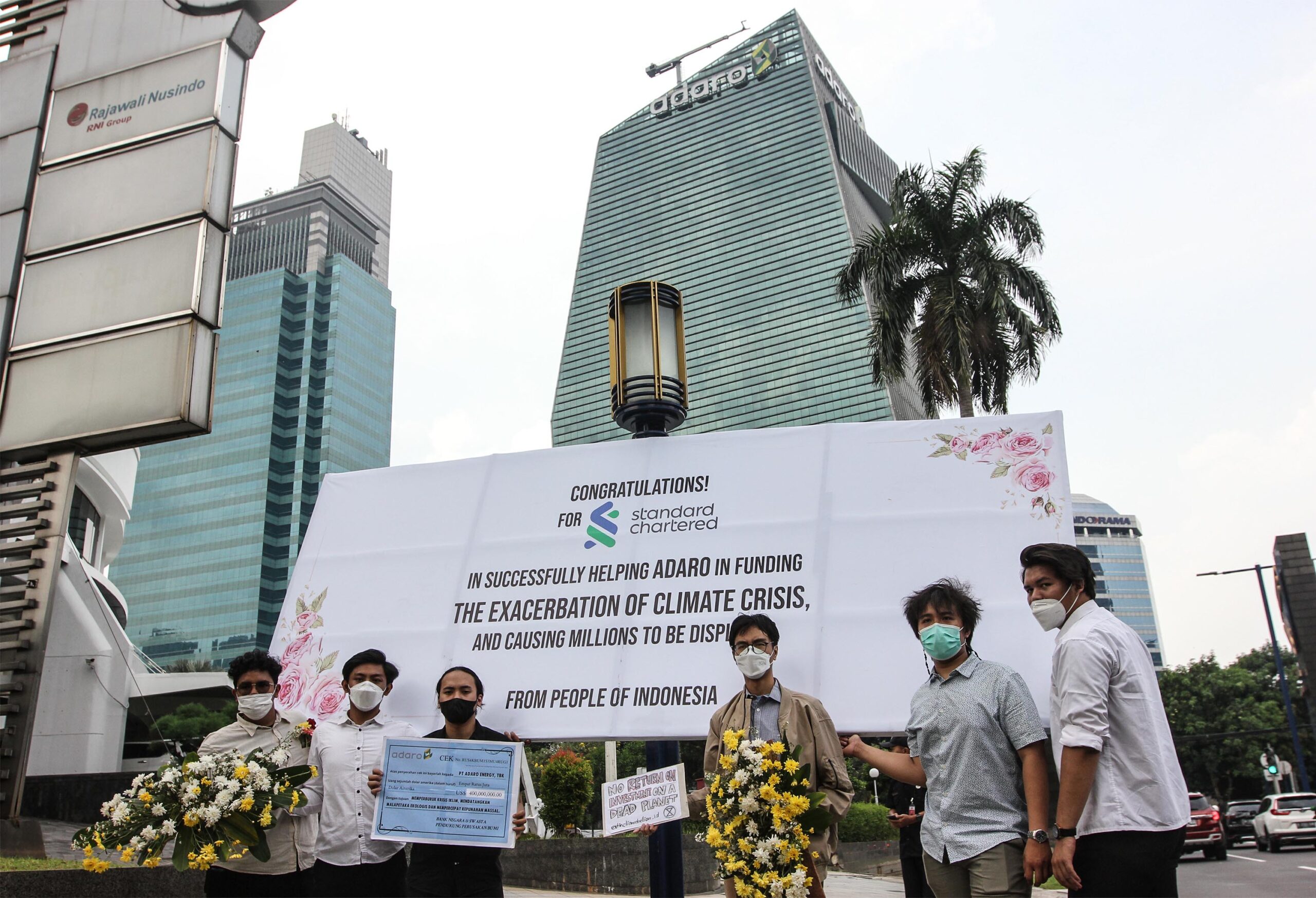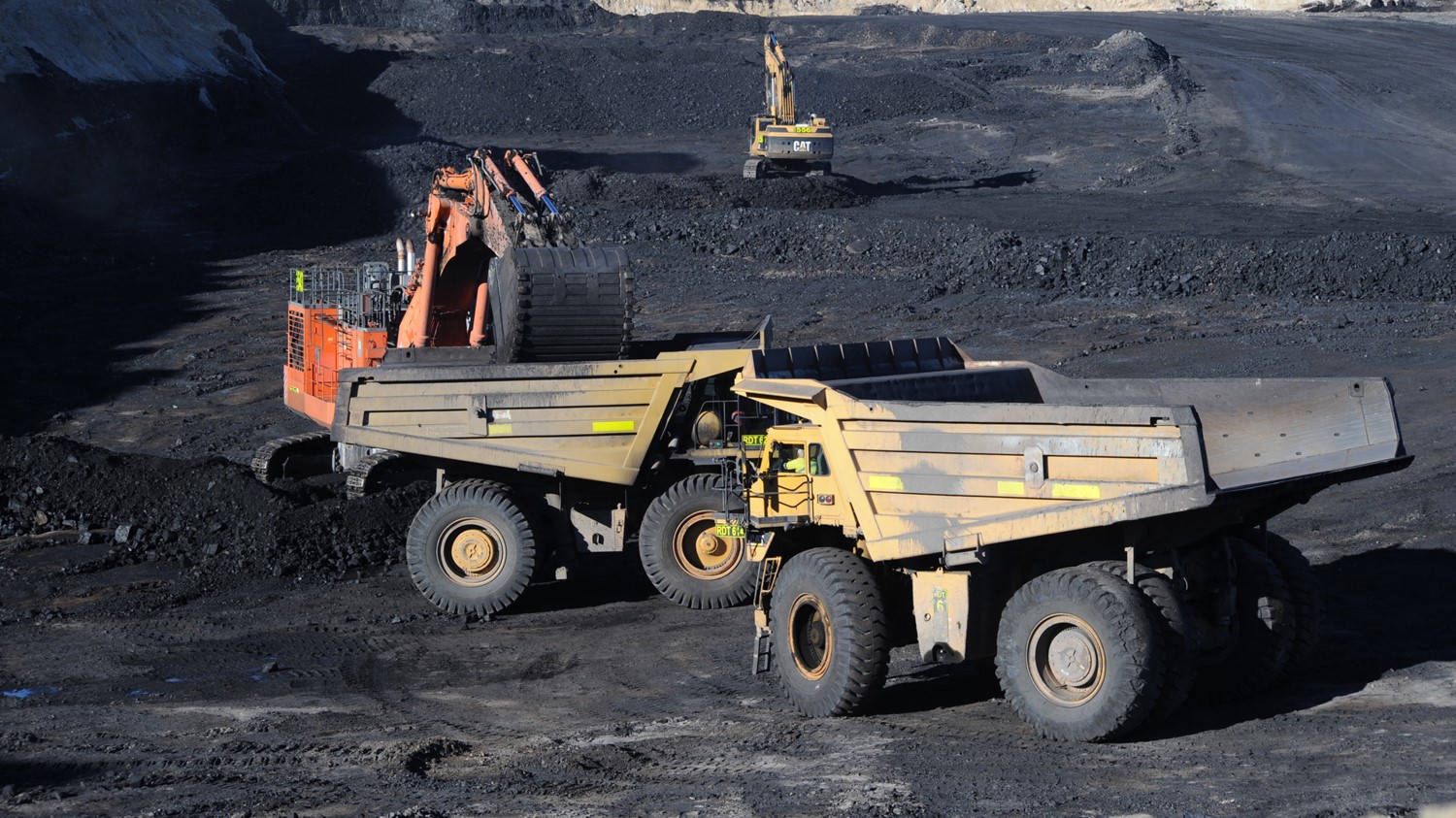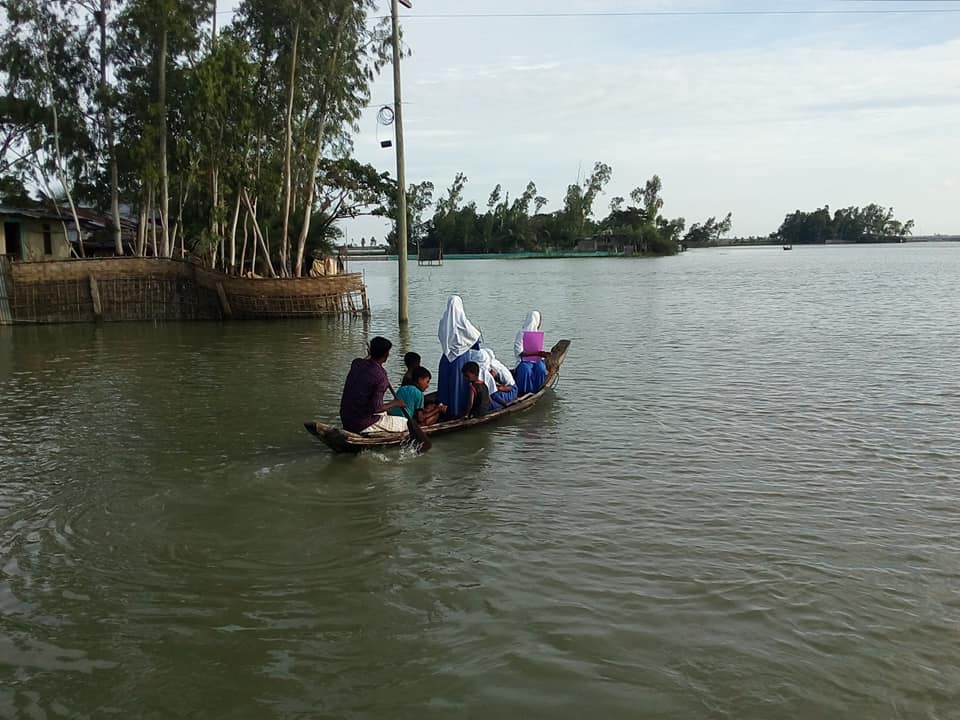JAPANESE MEGA-BANKS’ FOSSIL FUEL FINANCE
DECEMBER 2021
The Japanese megabanks, Sumitomo Mitsui Financial Group (SMBC Group), Mitsubishi UFJ Financial Group (MUFG), and Mizuho Financial Group (Mizuho), are supporting fossil fuels by continuing to prop up the coal industry and expanding fossil gas in Asia.
If we are to have any hope of meeting the global goals of the Paris climate agreement, these banks need to phase out their support of these polluting industries.
Coal mining
Coal mining policies

Project-tied finance
- Stop financing or investing for new thermal coal mining projects with exceptions (existing projects only if these projects contribute to the stable energy supply of a country which has announced policies aligned with the Paris Agreement)
General corporate finance
- Enhanced engagement on transition risk with companies reliant on coal mining as their primary businesses
Case studies
Adaro
Adaro Energy is one of the top coal producers in Indonesia, with 54 million tonnes of coal produced in 2020 alone and 20 years of coal reserves, estimated at 1.1 billion tonnes. Assuming all thermal coal reserves are combusted and all metallurgical coal reserves are used in the steel industry, the potential emissions of Adaro Energy’s coal reserves is 2.18 GtCO2-e, almost the equivalent of the annual emissions of India.
The company, which derives 93% of its revenue from coal, also has no credible plans to transition, labelling its coal business the “cash cow” of the group.
Mizuho was not involved in the latest syndication loan for Adaro Energy, although SMBC and MUFG were. Since 2006, SMBC and MUFG have provided US$693 million and US$686 million respectively to Adaro Energy and its subsidiaries. In April 2021, both banks helped provide another US$400 million to Adaro Energy as part of a syndicate of banks.
Adaro faces high regulatory risk around license renewals. Indonesian non-governmental organizations submitted a judicial review to the constitutional court challenging the new mining law. In October 2021, Indonesia’s constitutional court ruled that guranteering automatic mining license extension in the new mining law contradicted the constitution. One of the disputed articles is the automatic Coal Contract of Work (CCoW) license extensions without bidding and evaluation. Adaro’s CCoW license is expiring in 2022, and Adaro faces high regulatory risk around license renewals.
.

Actions in front of Adaro Energy in 2021
Whitehaven Coal
Whitehaven Coal plans to spend around $2 billion on three new coal mines and expansions (Vickery, Narrabri Stage 3 and Winchester South). These proposed coal mining projects have marketable coal reserves of almost 500 million tonnes and could see Whitehaven’s coal production more than double by 2030. Its proposed coal projects are totally out of line with the IEA’s Net Zero by 2050 scenario, which states “no new mines or mine extensions are required”.
Over 76% of Whitehaven’s revenue last financial year was derived from sales to customers in countries committed to achieving net zero emissions by 2050, including Japan. If realised, these commitments will wipe out Whitehaven’s current major markets.
In 2020 alone, the Japanese megabanks lent AU$265M (est. US$178M) to Whitehaven.
Whitehaven regularly refers to coal demand scenarios that are consistent with catastrophic global warming of almost 3ºC and the failure of the Paris Agreement. At Whitehaven’s 2021 AGM, 54% of shareholders voted against the company’s proposed remuneration report. This is a crushing result for the company and should be seen as a huge vote of no confidence in Whitehaven’s climate-wrecking business model.
In August 2021, Whitehaven was fined $372,500 for 19 breaches of its licence at its Maules Creek coal mine, including failures to rehabilitate drill sites and drilling bores that did not meet approval conditions. Whitehaven has also cleared hundreds of hectares of critically endangered habitat to make way for the Maules Creek mine pits, threatening important wildlife and ecological communities, including the koala.
These facts would qualify the miner as a type of business the Japanese lenders would want to avoid due to transition risk associated with climate change. Nevertheless, there is no evidence that these banks are engaging with Whitehaven to see the company transition out of coal.
These banks are committed to aligning the financing portfolio with the Paris climate goals and identify coal mining as a high risk sector. These banks will need to tighten the financing policy to the sector, including no further financing to businesses like Adaro and Whitehaven, in order to live up to their own commitment.

Coal trucks at a Whitehaven mine.
Coal power
Coal power policies
The megabanks have all made changes to their coal power lending policies, stating they will no longer fund coal power projects, with very broad exceptions.

Project-tied finance
- Stop financing or investment for new coal fired power plants with exceptions (relevant country’s stable energy supply, replacement of an existing power plant, innovative, clean, and efficient next generation technology, other initiatives for the transition to a low-carbon society.)
- Zero credit balance by FY2040
General corporate finance
- Enhanced engagement on transition risk with companies reliant on coal fired power generation as their main business
Project-tied finance
- Stop financing for new and expansion of existing coal-fired power plants with exceptions (CCUS, mixed combustion, and other technologies necessary to achieve the Paris Agreement target)
- Zero credit balance by FY2040
General corporate finance
- Will aim to disclose the portfolio reduction target for corporate customers whose business largely involves coal-fired power generation
Matarbari
SMBC is financial advisor to the under-construction 1,200 MW Matarbari Phase -1 in Matarbari, Bangladesh. SMBC is also the financial advisor to the plants’ adjacent coal import infrastructure, the Matarbari Deep Sea Port. A second phase of this dirty coal project with additional 1,200 MW capacity is also proposed.
The cumulative impact of Matarbari Phase-1 and 2 will be felt by the densely populated communities of Bangladesh. According to a 2020 Centre for Research on Energy and Clean Air (CREA) report, pollution from Matarbari (Phase 1 and 2) is projected to result in over 10,000 premature deaths over the projects’ operational years.

School children at Matarbari heading to school on small boat as Matarbari is water logged due to coal plant construction. Photo Credit: CLEAN (Coastal Livelihood and Environmental Action Network) Bangladesh
The people of Matarbari island are already struggling; they live in climate-vulnerable Bangladesh’s coastal area and frequently experience extreme weather and storm surges. The construction of Matarbari Phase-1 worsened these impacts, blocking natural drainage systems. In 2018, locals reported “five incidents of death by drowning, of which all were children,” after a heavy rainfall event resulted in waterlogging.
The land acquisition process for Matarbari Phase 1, which commenced in 2013, has resulted in the loss of people’s homes and livelihoods. The process has been met with resentment because the community was not properly consulted and, to date, not adequately compensated. Displaced families have not been relocated to new housing facilities promised by the project proponents, forcing some to migrate and resettle elsewhere.
Oil and Gas Sector
Oil and Gas Sector Policies

Project-tied finance
- Enhanced due diligence on 1) oil or gas extraction projects in the Arctic Circle, 2) oil sands projects, and 3) shale oil or gas projects.
General corporate finance
- Enhances engagement on transition risk with companies reliant on the sector as their primary businesses
Decarbonisation
Targets to decarbonise their financing and investment portfolio

Long-term goal
- Aims to become carbon neutral by 2050 (Scope 1 and 2)
- Aims to make the portfolio consistent with the goals of the Paris Agreement
Medium-term goal
- Aims to reduce emissions by 35% by 2030 (Scope 1 and 2)
- Will set and disclose an interim Scope 3 target for 2030 by March 2023
Short-term goal/target
- None
Measuring portfolio-wide financed (Scope 3) emissions
Yes

Long-term goal
- Aims to make the portfolio carbon neutral by 2050 (inclusive of Scope 3)
Medium-term goal
- Aims to become carbon neutral by 2030 (Scope 1 and 2)
- Will set and disclose an interim Scope 3 target for 2030 by 2023
Short-term goal/target
- None
Measuring portfolio-wide financed (Scope 3) emissions
- Yes

Long-term goal
- Aims to make the portfolio carbon neutral by 2050 (inclusive of Scope 3)
Medium-term goal
- Aims to become carbon neutral by 2030 (Scope 1 and 2)
- Will set and disclose an interim Scope 3 target for 2030 by 2023
Short-term goal/target
- None
Measuring portfolio-wide financed (Scope 3) emissions
- Yes
What the banks must do
The fact remains that any support of the fossil fuel industry threatens a safe climate.
The Executive Director of the International Energy Agency has stated that to limit temperature rises to 2ºC, let alone the 1.5ºC scientists recommend, “We have no room to build anything that emits CO2 emissions.” Oxford University researchers have found that in addition to no pipeline CO2 emitting power plants being built, over 20% of current global capacity would have to be stranded to meet the goals of the Paris climate agreement.
These investments also represent material business risk. Any new credit exposure to fossil fuels faces transition risk due to international efforts to meet the climate goals of the Paris agreement.
We call on the banks to:
- Stop financing all new coal power and mining with no exception
- Decarbonize their portfolios by phasing out corporate and project lending and underwriting in line with the climate goals of the Paris agreement
- Improvement of disclosure of physical and transitional climate risks in order for shareholders to better manage their own portfolios
References
350 Japan. Climate-related Policy Comparison of Japanese 3 Megabanks 2021 (Japanese). 21 June 2021, online: https://350jp.org/2021-3mega-
Kiko Network. Loopholes Remain in SMBC Group’s New Coal Policy Japan’s Megabank Still Not Aligned with the Paris Agreement on 12 May 2021, online: https://www.kikonet.org/press-
Mizuho Financial Group. News release on 13 May 2021, online: https://www.mizuhogroup.com/
Mitsubishi UFJ Financial Group. News release on 17 May 2021, online: https://www.mufg.jp/dam/
Sumitomo Mitsui Financial Group. News release on 12 May 2021, online: https://www.smfg.co.jp/news_e/
